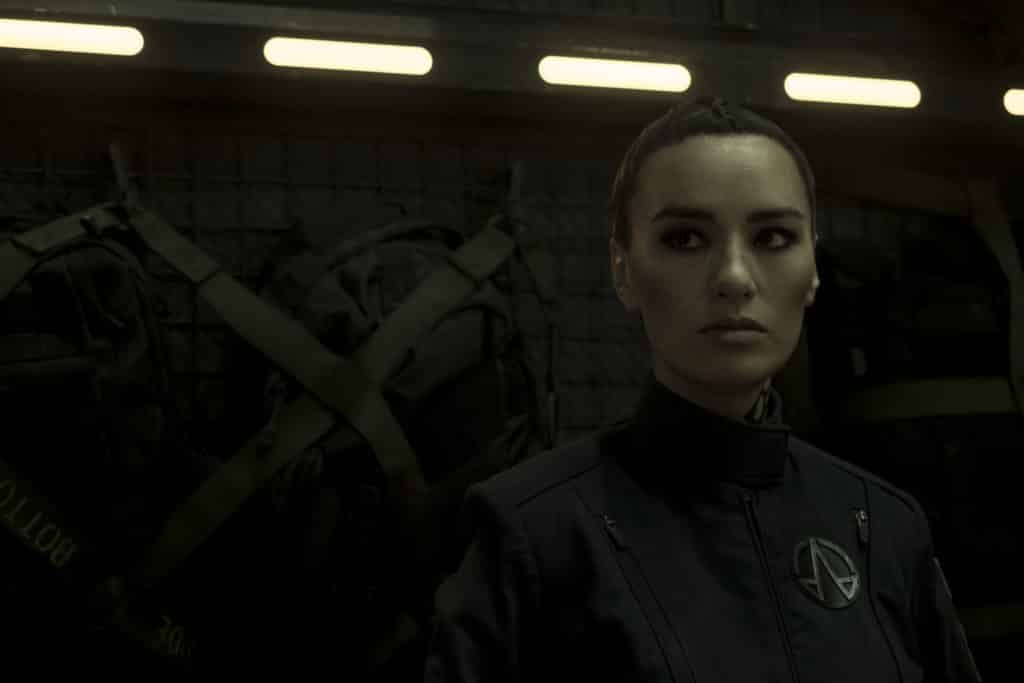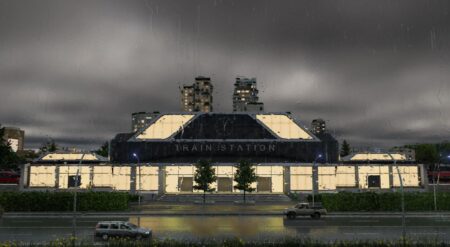
Science fiction allows creators to not only stretch their imagination beyond the ordinary to visualize new worlds, peoples, and creatures but to also use them as a way for us to reflect on the world we live in. As a show (and books) The Expanse does this by discussing topics such as immigration, cultural identity, and heritage where people who experience them can relate to the characters on a different level, and during a recent press junket, I spoke to showrunner Naren Shankar about these very themes.
In November of 2009, I and my twin sister left Barbados, our island home, to move to Toronto. It was the most difficult and exciting decision I had ever made. Leaving the country where my family and friends were terrified me, but I knew if I wanted better, if I wanted new opportunities I had to leave, so I did. I left the warmth and beaches for cold, and land that would take me more than a day to travel around. I went from the surety of knowing my place as a Barbadian to feeling like an outsider as an immigrant. But I had my sister – and dad who came to set things up for us – and a new community of other Bajans and West Indians who years before, had made the decision to immigrate, to help me adjust.
You’re probably asking what this has to do with The Expanse and my interview with Naren Shankar, and I’m sharing just this small tidbit of my life because I saw my experience as an immigrant portrayed in characters like Lucia (Rosa Gilmore), Naomi (Dominique Tipper) and Drummer (Cara Gee). In them, I saw the pride they have in being Belters, and the struggle to hold onto that pride when others want you to stop being who you are because it makes them uncomfortable. In these women, I saw the pride they have in speaking their language, dialect and bearing the tattoos that let everyone know who they are and where they come from, and I feel the same about my identity as a Bajan.
Immigrants are always expected to assimilate rather than integrate, and I think The Expanse does an admirable of showing the struggles people have when they are trying to find their place in a society that doesn’t seem to value our differences, and the determination it takes to forge new paths when we have to leave our homes for a better tomorrow in new territory.






